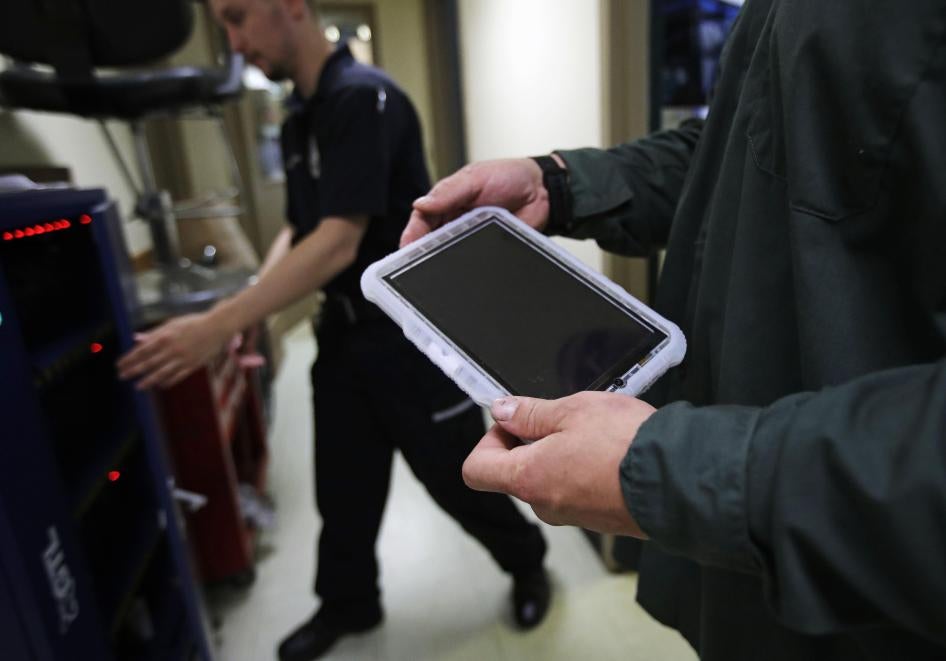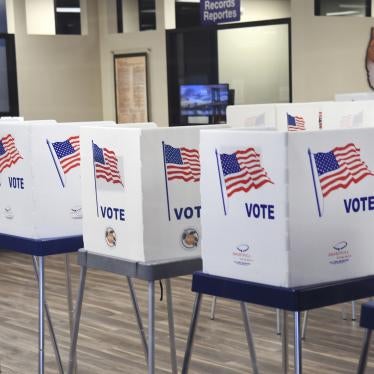Last month, New York City added its jails to a growing list of facilities across the United States opting to provide incarcerated people with digital copies of their mail instead of physical mail.
These efforts may seem innocuous, but physical mail, like birthday cards or children’s school photos, provides a lifeline for incarcerated people and positively effects both their mental health and re-entry efforts. Digitization is often farmed out to private vendors resulting in blurry, delayed, and incomplete scans sent and viewed on devices that commonly malfunction.
Florida, New Mexico, North Carolina, and Missouri, are just a few of the states that have recently banned physical mail in favor of digitization, resulting in a slew of fees that incarcerated individuals and their families cannot afford -- on top of already existing fees for basic goods and services. In North Carolina, for example, it now costs 49 cents to send a digital one-and-a-half-page letter with price increases for every photograph or drawing added. In Florida, it costs 10 cents per page to print black-and-white copies of the digital scans or $1 USD per page for color.
Authorities often say digitization is necessary to prevent drugs or other unauthorized items from entering facilities through the mail. However, this justification rings hollow given physical mail is not a significant source of contraband. Tracking in Florida found that less than two percent of contraband items came through the mail. Missouri banned physical mail to prisoners, but nonetheless saw overdoses increase. Texas prisons restricted mail, but the availability of drugs continued to increase. Instead, investigations point to corrupt correctional staff, not mail, as the major source of contraband, undermining any security arguments on the need for scanning.
People incarcerated already face enormous obstacles to maintaining community ties essential for surviving the dehumanization of incarceration and improving outcomes once released. Authorities should incentivize such connections, not create new obstacles.










